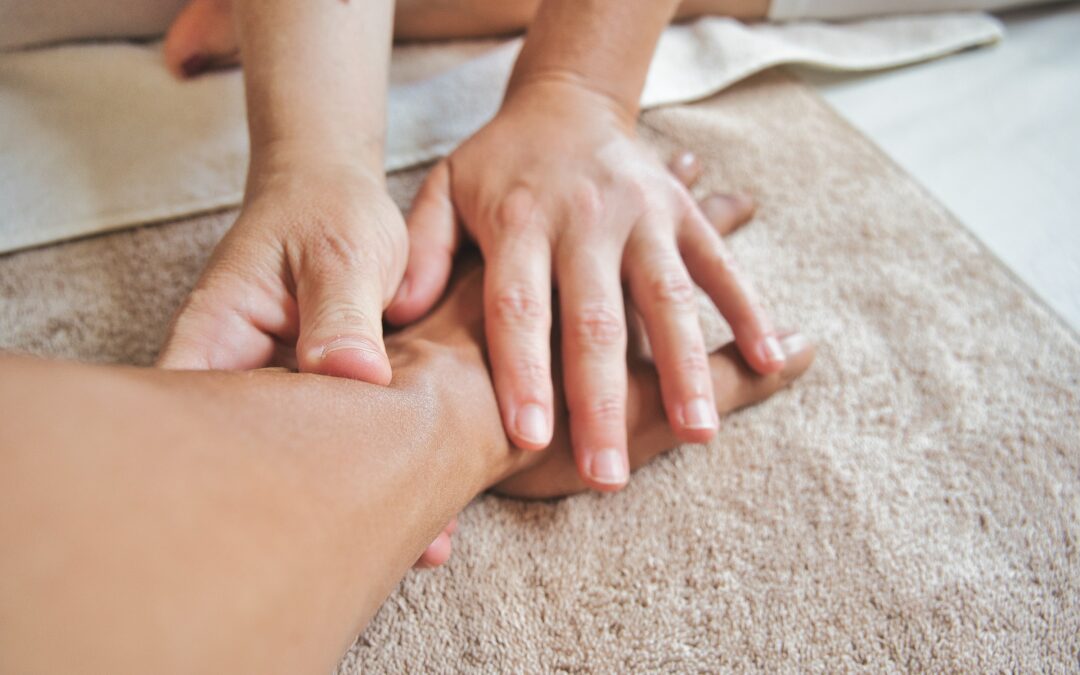Self-Care for the Massage Therapist: Preventing Burnout and Injury
As a massage therapist, your hands, body, and mind are your most valuable tools. You dedicate your energy to helping others feel their best, but it’s essential to ensure you’re taking care of yourself, too. Without proper self-care, the physical and emotional demands of massage therapy can lead to burnout or injury, putting your career and well-being at risk.
In this blog, we’ll explore actionable strategies to prevent burnout and injury, so you can continue to thrive in your profession.
The Importance of Self-Care for Massage Therapists
Massage therapy is physically demanding. You spend hours on your feet, engaging muscles, and maintaining awkward postures to perform techniques that relieve clients’ pain and tension. At the same time, the emotional energy of working closely with clients can take its toll.
By prioritizing self-care, you can:
- Extend the longevity of your career.
- Reduce the risk of injuries like carpal tunnel syndrome or back strain.
- Maintain mental and emotional well-being.
- Deliver consistent, high-quality care to your clients.
Maintain Proper Body Mechanics
Good posture and body mechanics are crucial to avoiding injury during massage sessions.
- Engage Your Core: Use your core muscles for strength, not just your hands or arms.
- Adjust Your Table Height: Ensure your table is at the right height to reduce strain on your back and shoulders.
- Use Your Body Weight: Lean into movements rather than relying solely on muscle force.
Strengthen and Stretch Regularly
Incorporating strength and flexibility exercises into your routine can help your body withstand the physical demands of your work.
- Strength Training: Focus on core, back, and arm muscles to build endurance.
- Stretching: Prioritize stretches for your wrists, shoulders, and lower back to release tension and improve flexibility.
- Yoga or Pilates: These practices enhance balance, strength, and mindfulness.
Schedule Breaks and Rest Periods
Overloading your schedule can lead to fatigue and burnout.
- Pace Yourself: Limit the number of sessions per day to allow time for recovery.
- Micro-Breaks: Take short breaks between clients to stretch, hydrate, and reset.
- Listen to Your Body: Rest when you feel pain or exhaustion creeping in.
Invest in Self-Care Treatments
As a caregiver, it’s important to receive care yourself.
- Regular Massages: Book appointments with fellow therapists to ease tension and address problem areas.
- Chiropractic Care or Physical Therapy: Seek professional help to address alignment issues or chronic pain.
- Acupuncture: This can help manage stress and improve overall well-being.
Practice Mental and Emotional Self-Care
The emotional labor of connecting with clients and addressing their needs can contribute to burnout.
- Set Boundaries: Avoid overextending yourself with unrealistic scheduling or emotional demands.
- Meditation and Mindfulness: Spend a few minutes each day focusing on your breath to reduce stress.
- Seek Support: Join professional networks or support groups for massage therapists to share experiences and advice.
Stay Hydrated and Nourished
Proper hydration and nutrition fuel your body for the physical demands of your job.
- Hydrate Often: Drink water throughout the day, especially after sessions.
- Healthy Snacks: Keep nutrient-rich snacks on hand to sustain your energy.
- Balanced Diet: Focus on foods that provide long-lasting energy and support muscle recovery, such as lean proteins, whole grains, and leafy greens.
Prioritize Continuing Education
Enhancing your skills can improve your confidence and efficiency, reducing physical strain.
- Advanced Techniques: Learn modalities that reduce the physical effort required, such as myofascial release or lymphatic drainage.
- Ergonomics Workshops: Take courses to refine your body mechanics.
Recognize the Signs of Burnout and Injury
Knowing when to step back is essential to long-term success.
- Burnout Symptoms: Emotional exhaustion, reduced performance, and feelings of detachment.
- Injury Symptoms: Persistent pain, numbness, or tingling in your hands, wrists, or back.
If you notice these signs, don’t ignore them. Consult a healthcare professional and reassess your self-care routine.
Self-care is not a luxury; it’s a necessity for massage therapists. By implementing these strategies, you can protect your health, enhance your skills, and continue to provide exceptional care to your clients.
Remember, when you care for yourself, you’re better equipped to care for others. Make self-care a priority, and you’ll not only prevent burnout and injury but also enjoy a more fulfilling and sustainable career.


Recent Comments